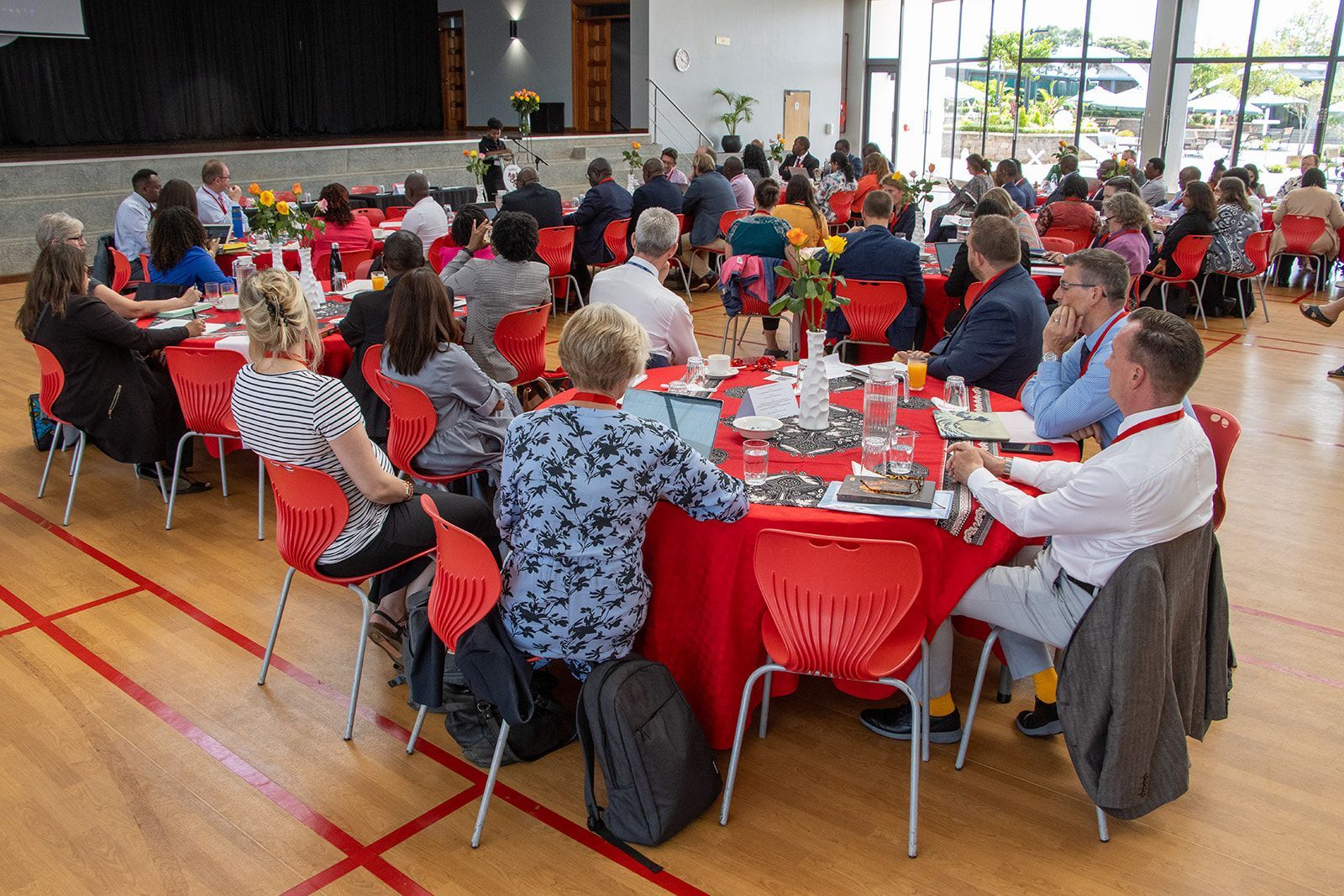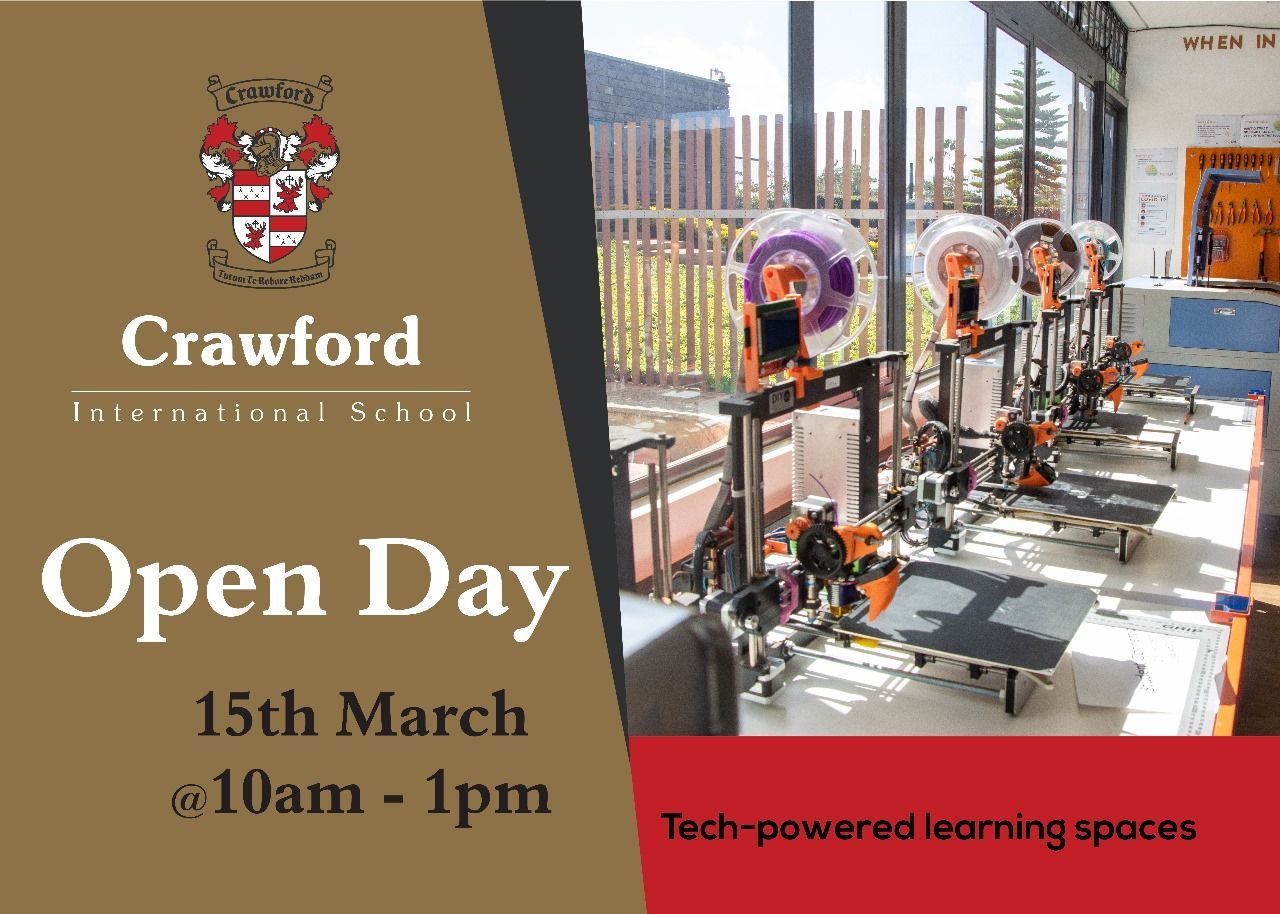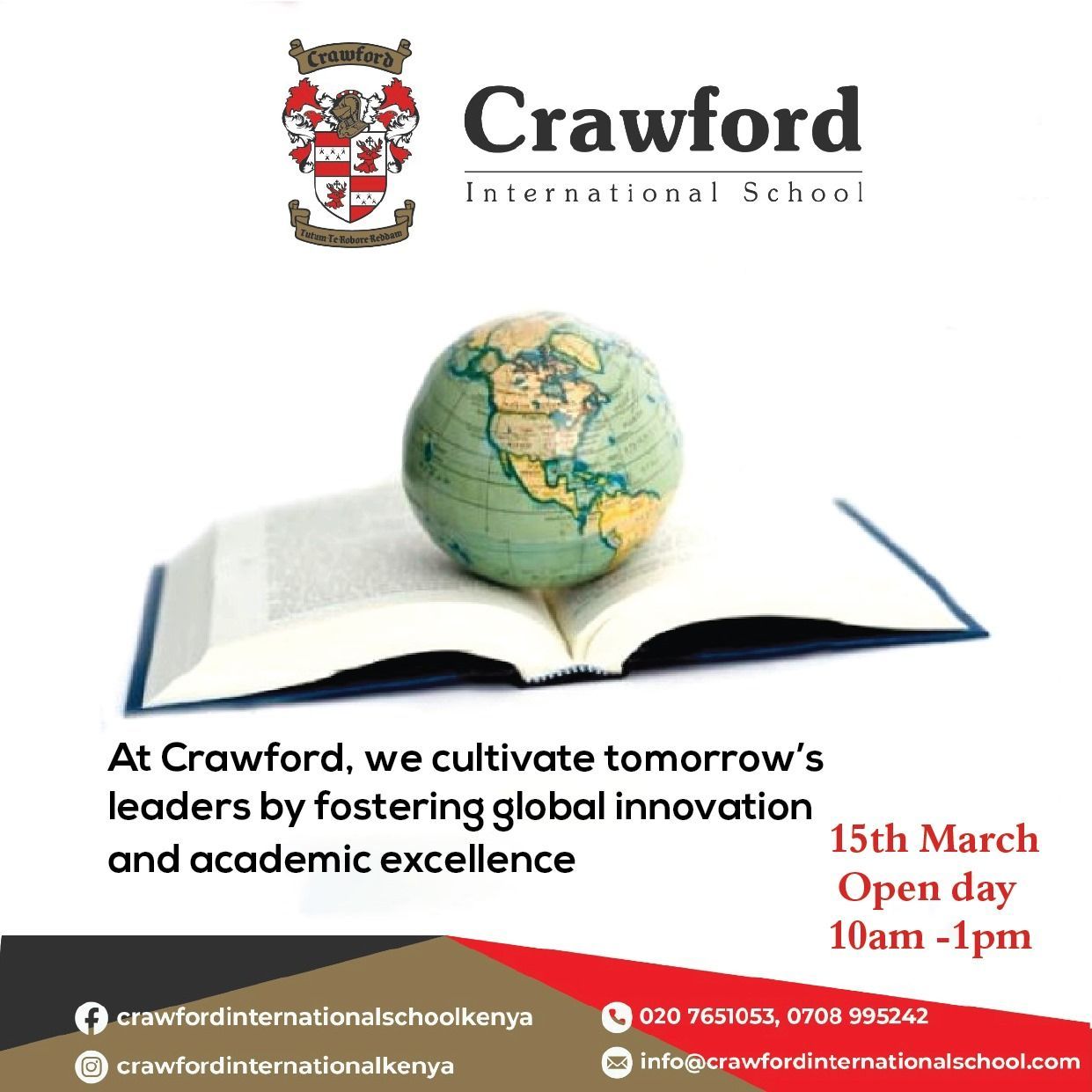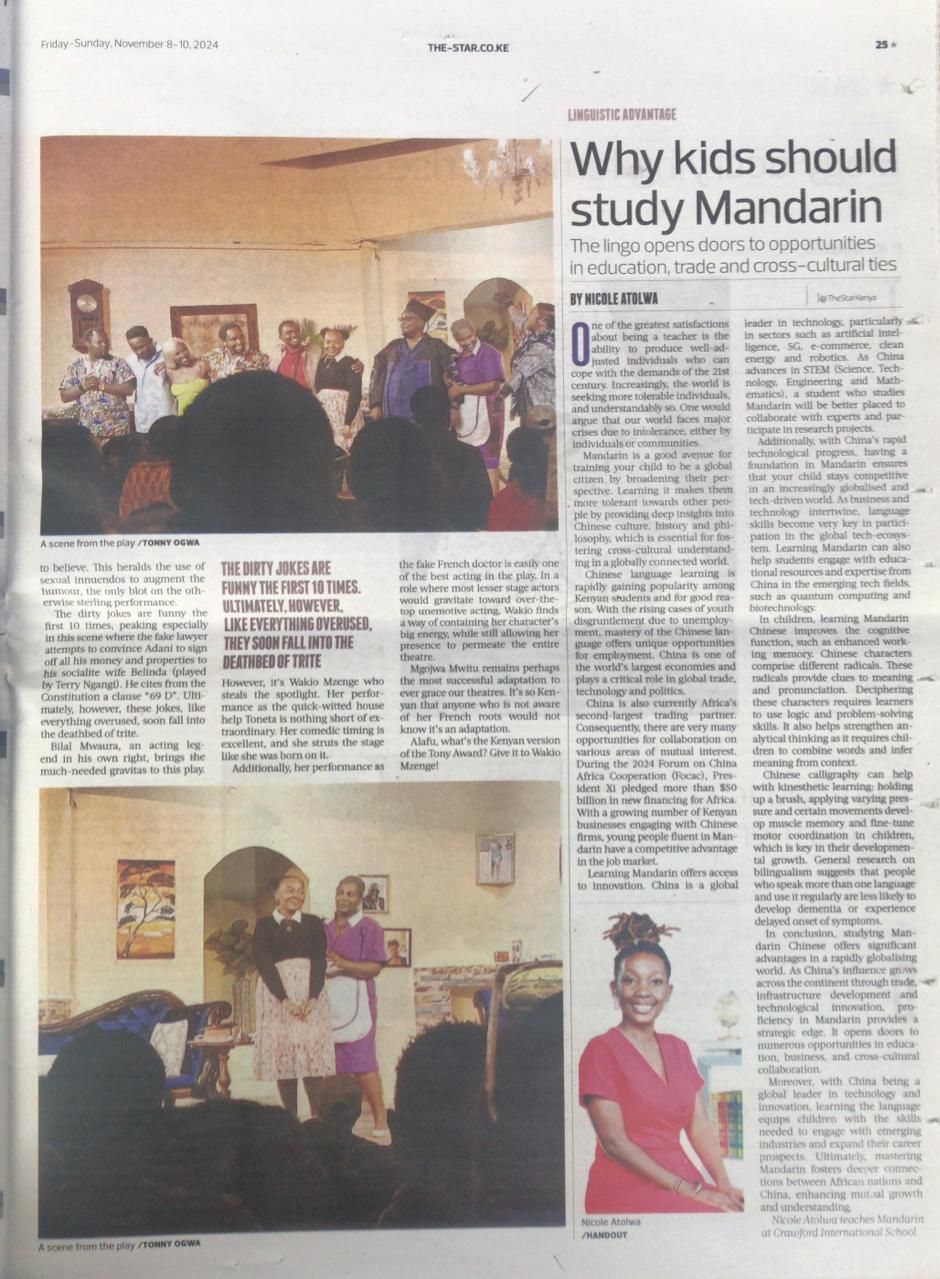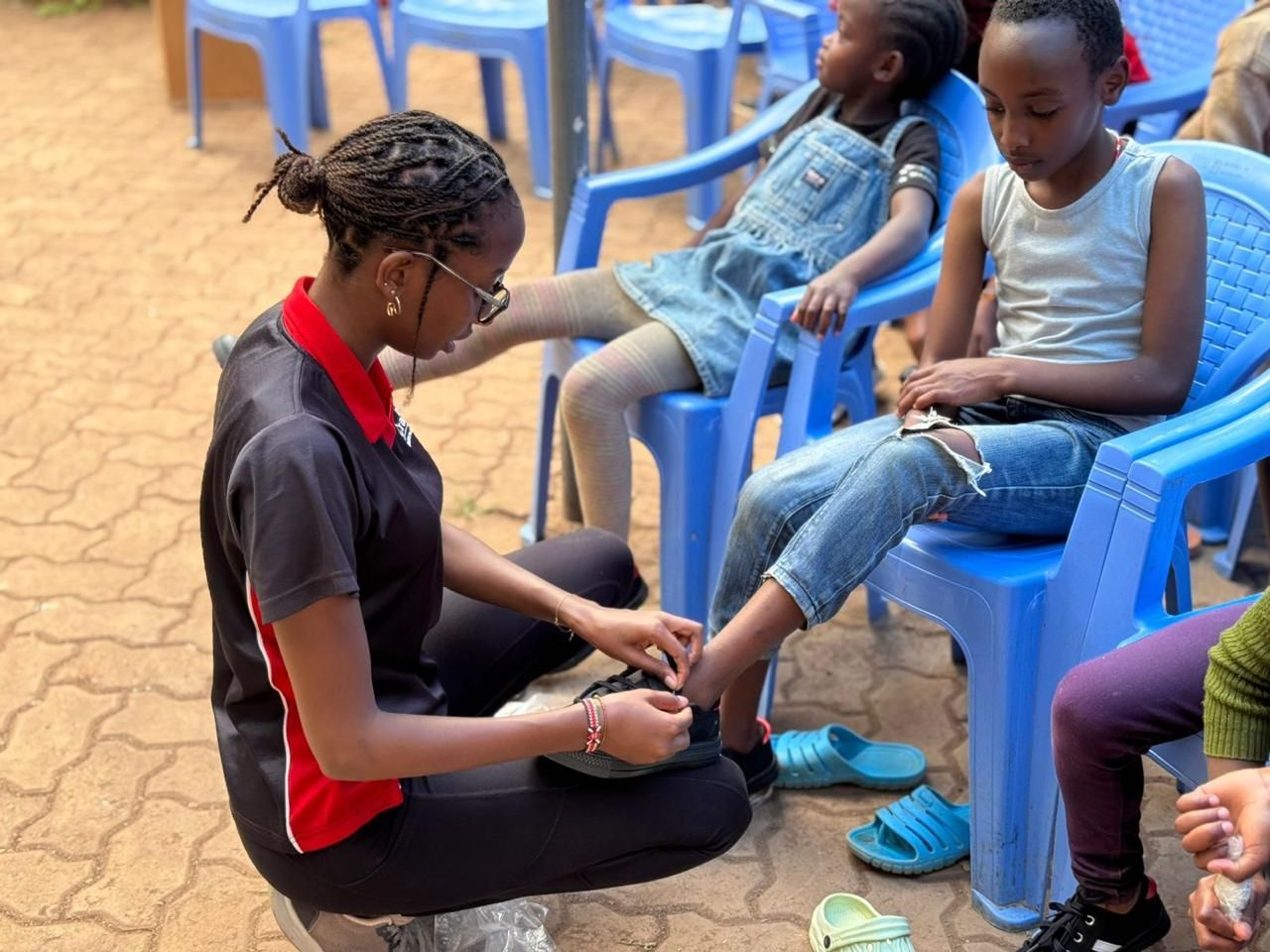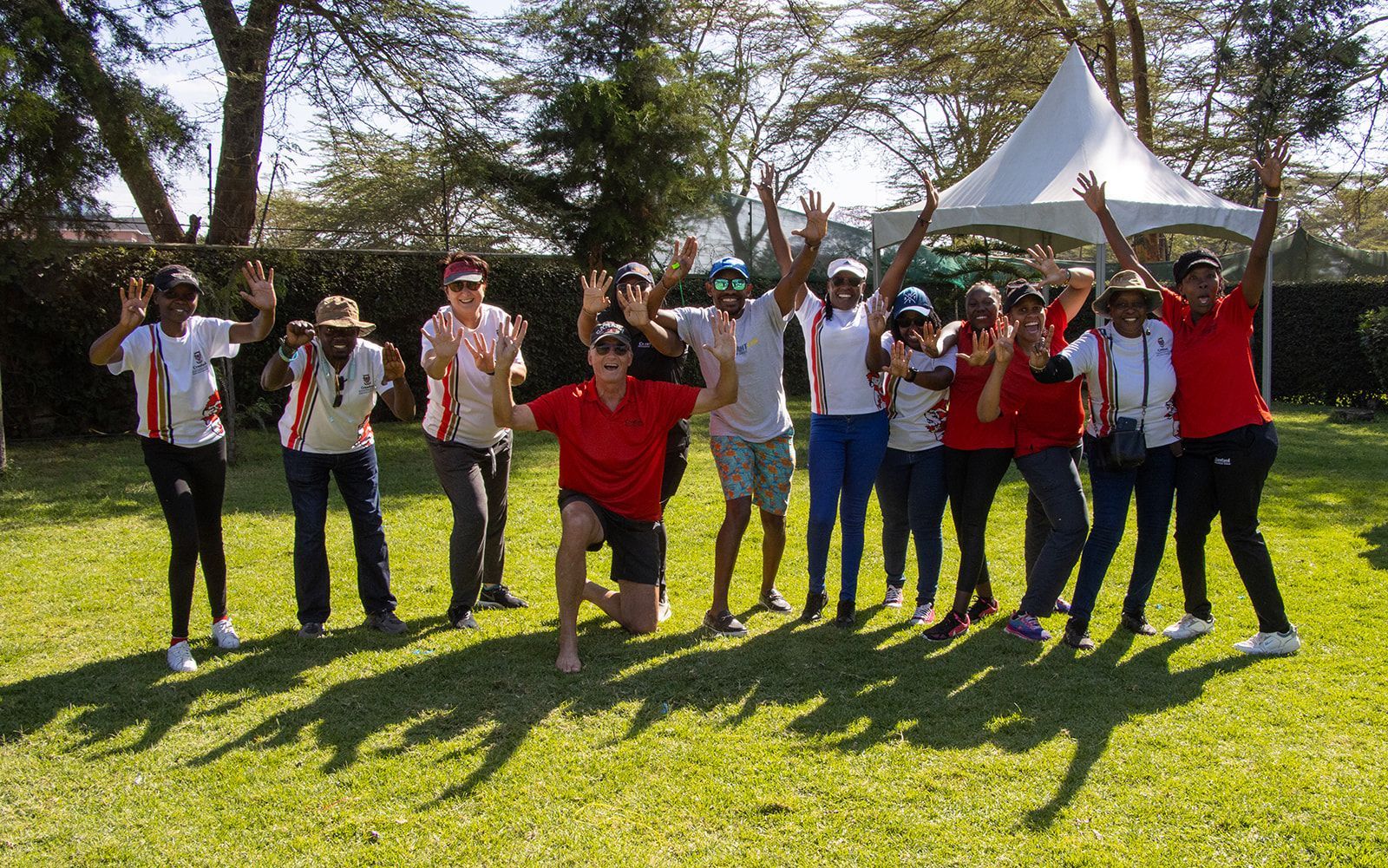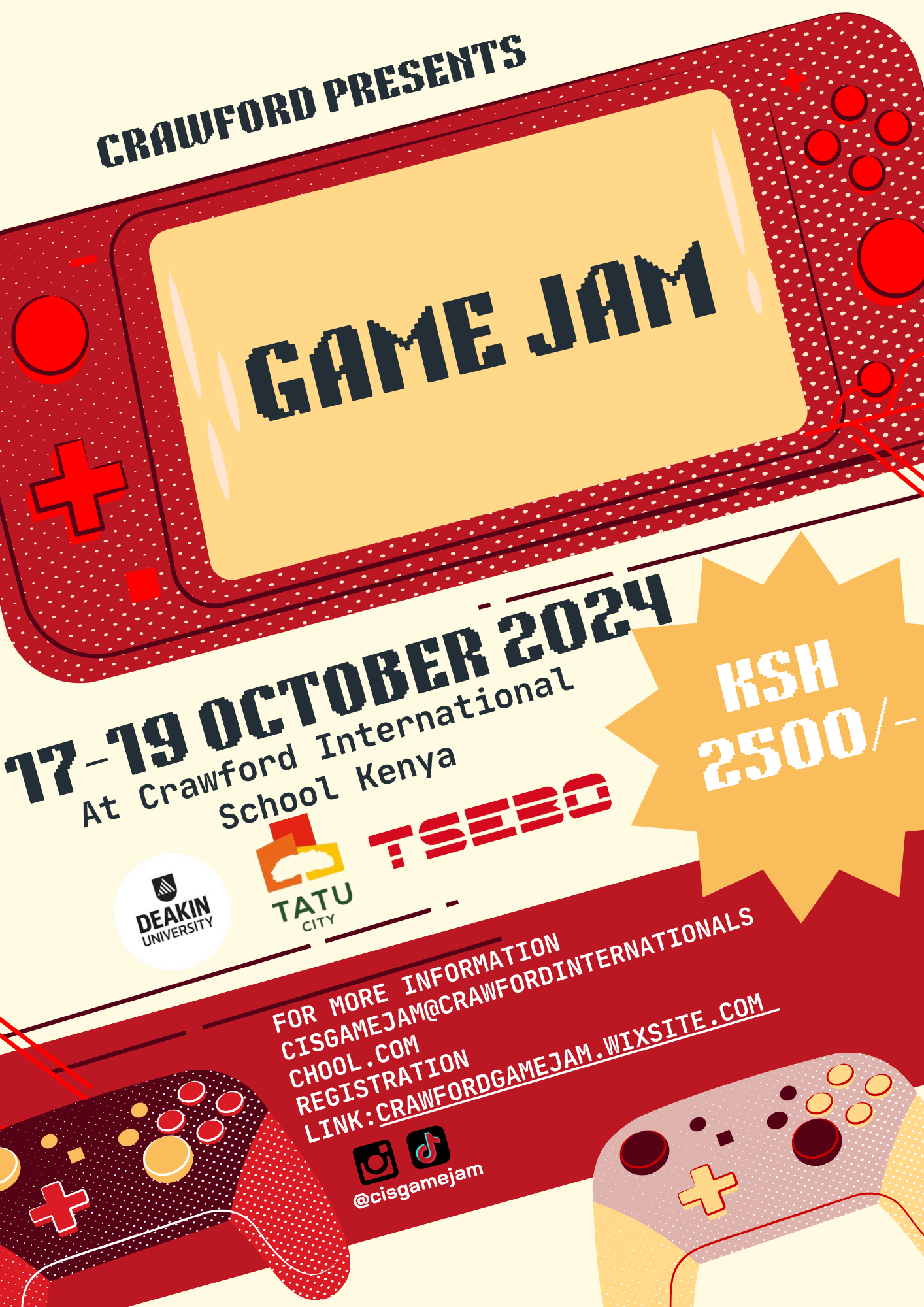Taking Future-Tech Education To Next Level
March 24, 2020
The fourth Industrial Revolution is resulting in schools having to relook the way they are educating not only their students, but their parents as well. Kenyan parents have rightfully shown caution over the introduction of digital devices in classrooms.
Many schools have noted the concern about the potential negative effects of computer use and have taken a carefully considered route in the introduction of bringing devices to school. This takes place only when parents and children have been educated in the safe usage of such devices.
In both the Cambridge-based curriculum (IGCSE) and the Competence-Based Curriculum (CBC) the cornerstone of attaining academic excellence lies in schools adapting a philosophyof developing students within a triangular relationship comprising the student, the parent and the teacher.
While schools adopt their preferred curriculum of education, a parallel programme should exist where students are introduced to digital literacy from as early as Kindergarten level. It is crucially important to start introducing 21stcentury skills, to prepare the learners of today for jobs of the future – most of which do not even exist yet.
For example, in the ADvTECH schools like Crawford International and MakiniSchool,all children are exposed to the use of technology in different spaces – which ultimately ensures that students are confident with 21st century technologies. These skills are in fact a prerequisite for being competitive in today’s job market, and will become even more so within the next decade and beyond.
Recognising the importance of digital fluency,these schools have implemented Future-Tech (GoLab) spaces in which students are able to grasp an understanding of new technologies and artificial intelligence by developing their skills in robotics, drones and other fourth Industrial Revolution technologies.
Future skills, including critical thinking, problem-solving and ICT skills as well as the ability to collaborate and communicate effectively are of crucial importance to today’s learners.
Ideally, studentsought to have access and make use of Future-Tech spaces equipped with 3D printers, laser cutters, robotics and drone technology. These facilities focus largely on learning through problem-based enquiry aligned to the 17 United Nations Sustainable Development Goals of 2030.
It is important to encourage students to participate in Science, Technology, Engineering Art and Mathematics (STEAM) competitions not just in Kenya but with students across the world. In a recent TeeninAI program organized by Elena from the UK, Siddath Shah, a Grade 9 student from Crawford International, was a member of the winning group.
To make it interesting let schools have exciting projects which involve organizing their own Tech Festivals for students to exhibit STEAM collaborative project work.
Technology however, is not only used for extension activities but also in assisting students with learning barriers with aids such as immersive readers.
Schools need a clear vision and plan on how they will be implementing and developing skills within robotics, coding and the maker revolution which should start as soon as entry level – known as Grade R, or PP.
Integrating STEAM education into existing curricula using 21st century technologies is key as this will heighten the value of the learning because it will focus on the application of the skills and not only the learning of the skills themselves.In the ADvTECH schools, integration of robotics starts from Grade R, and progresses throughout the years of schooling.
It is important to ensure that students’ digital proficiency is recognised through qualifications and certifications by the time they graduate. This way, students will – in addition to their IGCSE or A-Level certificate – exit with the skills that will make them competitive and immediately employable.
For our students to experience an education that ranks highly on global platforms, we should consult globally so that our programmes are among the best in the world.Let schools pioneer programmes alongside engineers, technicians and scientists to ensure that the programmes are current and aligned to global standards.
ABOUT ADvTECH
The ADvTECH Group, a JSE-listed company, is Africa’s largest private education provider and a continental leader in quality education, training, skills development and placement services.
ADvTECH’s Schools division comprises 10 brands with more than 100 schools across South Africa and in Kenya Crawford International School with a Cambridge-based curriculum (IGCSE) and Makini Schools which offer Competence-Based Curriculum (CBC)and the Gaborone International School in Botswana.
It owns nine tertiary brands, on 30 campuses across South Africa and the rest of Africa. The higher education division, The Independent Institute of Education, is South Africa’s largest and most accredited private higher education provider.
Written by Jenny Coetzee, the Managing Director of Crawford International School which is part of ADvTECH Group that comprises more than 100 schools across South Africa, Kenya and Botswana.


